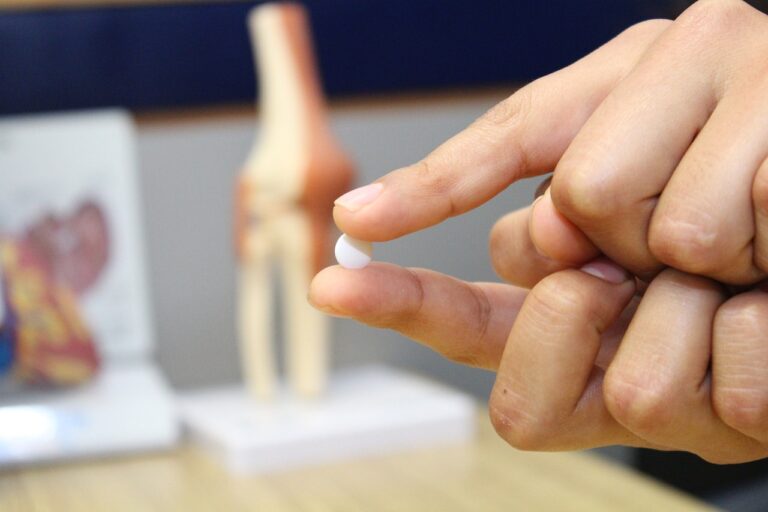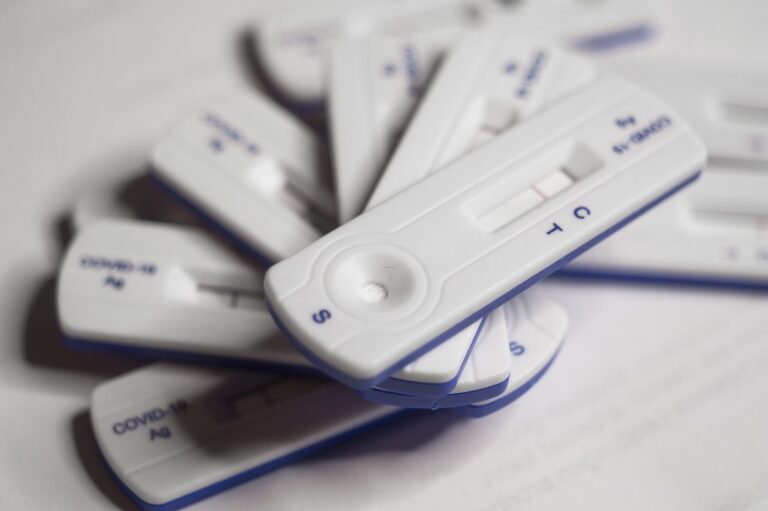AI-Powered Drug Design: Accelerating the Development of Novel Compounds
The drug development process is a complex and intricate journey that involves several stages from initial discovery to market availability. It typically begins with the identification of a potential drug target, which could be a molecule, gene, or protein associated with a disease. Researchers then explore various compounds or molecules that have the potential to interact with the target and modify its activity.
Once a promising compound is identified, it undergoes rigorous testing in preclinical studies to evaluate its safety, efficacy, and potential side effects. This phase is crucial in determining whether the compound can proceed to clinical trials, where its effectiveness is tested in humans. Clinical trials are conducted in several phases, each designed to assess different aspects of the drug, including its safety profile, dosages, and overall impact on patients. Ultimately, successful completion of these trials paves the way for regulatory approval and commercialization of the drug.
The drug development process begins with the identification of a potential drug target
Researchers explore various compounds or molecules to interact with the target
Promising compounds undergo rigorous testing in preclinical studies
Clinical trials are conducted in several phases to assess different aspects of the drug
Successful completion of trials leads to regulatory approval and commercialization
Challenges in Traditional Drug Design
Designing traditional drugs is a complex process fraught with challenges at every turn. One of the primary hurdles faced by researchers is the time-consuming nature of the drug development process. From target identification to clinical trials, each stage demands a substantial investment of time and resources, leading to considerable delays in bringing new drugs to market.
Another significant challenge in traditional drug design is the high rate of attrition during the drug development pipeline. Many potential drug candidates fail to demonstrate the desired efficacy or safety profiles in preclinical and clinical studies, leading to costly setbacks and disappointments for pharmaceutical companies. This high attrition rate underscores the need for more efficient and effective methods of drug discovery and development.
Role of Artificial Intelligence in Drug Discovery
Artificial Intelligence (AI) is revolutionizing the field of drug discovery by significantly enhancing the efficiency and success rate of the process. By utilizing advanced algorithms and machine learning techniques, AI can analyze vast amounts of data at an unprecedented speed to identify potential drug candidates and predict their efficacy. This accelerates the drug development timeline, allowing researchers to bring new treatments to market faster than ever before.
Moreover, AI plays a crucial role in optimizing target identification and validation, which are essential steps in the drug discovery process. Through AI-driven predictive modeling, researchers can sift through complex biological datasets to pinpoint possible disease targets and understand their role in the disease pathology. This targeted approach not only streamlines the drug discovery process but also increases the likelihood of developing successful therapies with minimal side effects.
What is the drug development process?
The drug development process involves discovering, designing, testing, and gaining regulatory approval for a new medication.
What are some challenges in traditional drug design?
Traditional drug design can be time-consuming and costly, with a high failure rate in clinical trials. It also relies heavily on trial-and-error methods.
How does Artificial Intelligence play a role in drug discovery?
Artificial Intelligence can analyze vast amounts of data and identify patterns that humans might miss. It can also predict the efficacy and safety of potential drugs, speeding up the drug discovery process.
Can Artificial Intelligence replace human researchers in drug discovery?
While AI can assist in drug discovery, it cannot replace human researchers entirely. Human expertise is still crucial in interpreting AI-generated data and making informed decisions.







